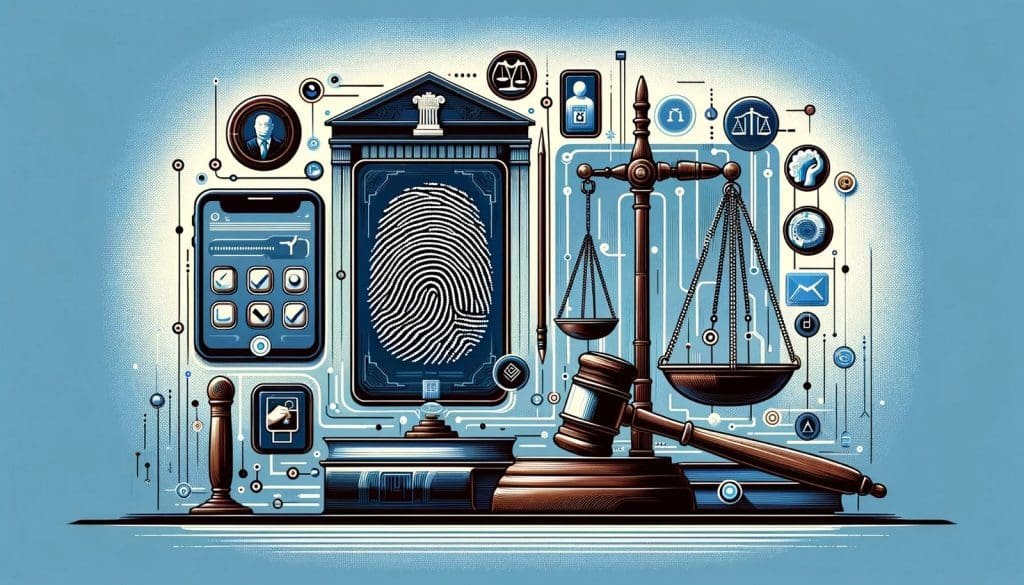
In a pivotal development underscoring the convergence of technology, human rights, and legal reform, the Supreme Court of India has issued a notice to the Centre regarding a petition seeking the establishment of an alternative digital KYC (Know Your Customer) process tailored for acid attack survivors. This decision, dated May 17, 2024, addresses the significant challenges these survivors face within bureaucratic systems and aims to alleviate the barriers hindering their rehabilitation and empowerment.
Background
Acid attacks, a particularly brutal form of gender-based violence, inflict enduring physical, psychological, and social harm on survivors. Among the numerous obstacles they encounter is the difficulty in accessing essential services that necessitate identity verification, such as banking, loans, and government benefits. The conventional KYC process, which typically involves extensive documentation and physical verification, poses considerable difficulties for survivors who might have lost crucial identification documents during their ordeal.
The Petition
The petition, advanced by various human rights organizations and advocacy groups, calls for a more inclusive and accessible KYC process. It argues that the existing system is not only cumbersome but also discriminatory against acid attack survivors, who often face rejection or delays due to their inability to provide the requisite documentation or meet physical verification requirements.
The petitioners propose the introduction of a digital KYC process that leverages technology to streamline and simplify the verification process. This could involve the use of biometric data, digital identity verification methods, and other innovative solutions to ensure that survivors can access essential services without undue hardship.
Supreme Court’s Directive
Acknowledging the urgency and merit of the plea, the Supreme Court has issued a notice to the Centre, requesting a detailed response on the feasibility and implementation of such a digital KYC process. The Court emphasized the need for a compassionate approach that considers the unique circumstances of acid attack survivors and aims to facilitate their integration into society.
Potential Impact
If implemented, this initiative could have extensive implications:
- Empowerment and Inclusion: Simplifying the KYC process would significantly empower acid attack survivors, enabling them to access financial services, government schemes, and other essential services with ease.
- Reducing Bureaucratic Hurdles: A digital KYC process could reduce the time and effort required for survivors to complete necessary verifications, thereby easing their rehabilitation journey.
- Setting a Precedent: This move could set a precedent for other marginalized groups facing similar challenges, prompting further reforms in the identification verification process.
The Path Forward
The Supreme Court’s notice marks a crucial initial step towards addressing a critical issue faced by acid attack survivors. However, the journey towards implementing a digital KYC process involves several challenges. These include ensuring data security and privacy, developing robust biometric verification systems, and raising awareness among stakeholders about the new process.
The Centre’s response and subsequent actions will be pivotal in determining the success of this initiative. Collaboration between the government, financial institutions, technology providers, and advocacy groups will be essential to develop and roll out an effective digital KYC process that meets the needs of acid attack survivors.
Conclusion
The Supreme Court’s intervention in advocating for a digital KYC process for acid attack survivors underscores the judiciary’s role in championing human rights and technological innovation. As the nation awaits the Centre’s response, there is hope that this initiative will pave the way for a more inclusive and equitable society, where survivors of acid attacks can rebuild their lives with dignity and access essential services.